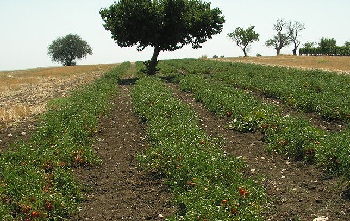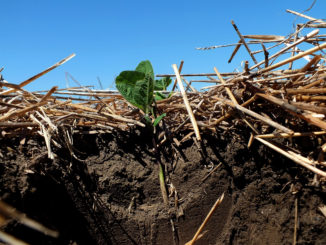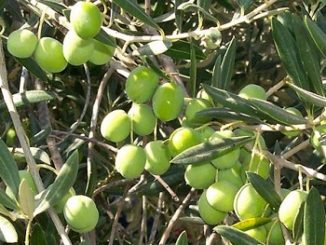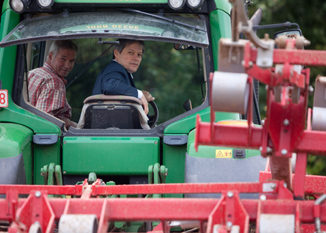On 8th May, Mario Catania, Italian Minister of Agricultural, Food and Forestry Policy, made a Lectio Magistralis entitled “The European agricultural policy from its origins to the new challenges“, at the University of Gastronomic Sciences of Pollenzo in Italy. Carlo Petrini responded.

During his intervention, he said that “the current CAP is based on the principle of decoupling, which encourages a system where there is no link between land and agriculture. We are working to correct this approach, but there is a lot of resistance. My request to the European Commissioner Ciolos is to give the land back its primary goal of being worked to produce food rather than fuel or energy. We need a kind of agriculture focused on food and directly linked with territory. In this context, the issue of young people and their political support is essential, but the timid attempts of the European Union have not been successful so far. Today, the young look at farm work with renewed hope. It is our duty is to adapt the profitability of this sector to the needs of the current economic and social context. Negotiation on the CAP is important, once again we will certainly have better agriculture, which, however, is likely to be the one I would not want.”
In explaining this, Catania added that “one of the reasons is that in Western society what is truly missing is food. Despite media bombardment we suffer every day due to the missing understanding of the profound relationship between food and man, and between food and territory.”
Urged by students, the Minister also expressed his opinion on GMOs by arguing that “the real point to make is that genetically modified products do not give any added value to our production system which, conversely, finds richness in valuing diversity starting from the features of the territory.”
While thanking Catania for his intervention, Carlo Petrini, President of the University of Gastronomic Sciences, added that agriculture is a sector which “absorbs more than 40% of the EU budget, models our landscapes, territory, rural communities with power and authority, but, unfortunately, shows several inconsistencies. It is time that this policy changes deeply, giving priority to those who practice sustainability. The youth must return to the land, and small and medium-sized enterprises must be enahnced at a European level. This is a central debate in European policy and in single Member States. The CAP will effect the future of students coming from EU countries and working in manufacturing, distribution and education as well as food marketing. However, it will also affect the activity of non-European students, because of all forms of dumping which have influenced the development of African smallholder agriculture and owing to elements of friction or convergence on South American or Asian markets.“
Original press release is available at:
http://www.unisg.it/2009/pagine/ita/area_stampa/comunicato_dettaglio.lasso?id=1231




